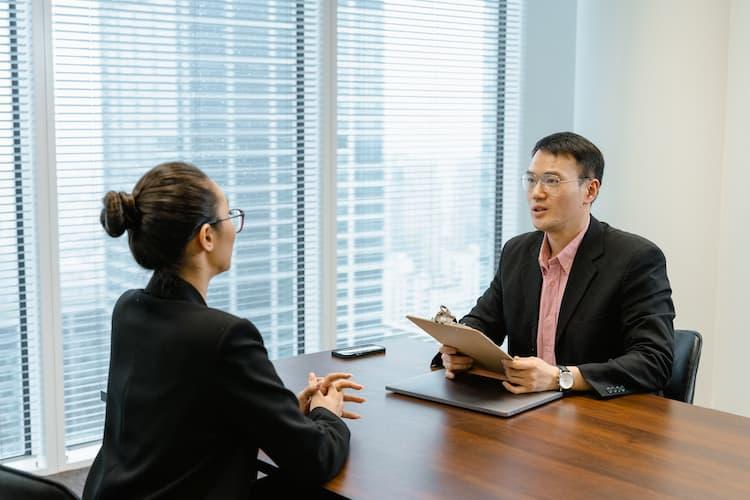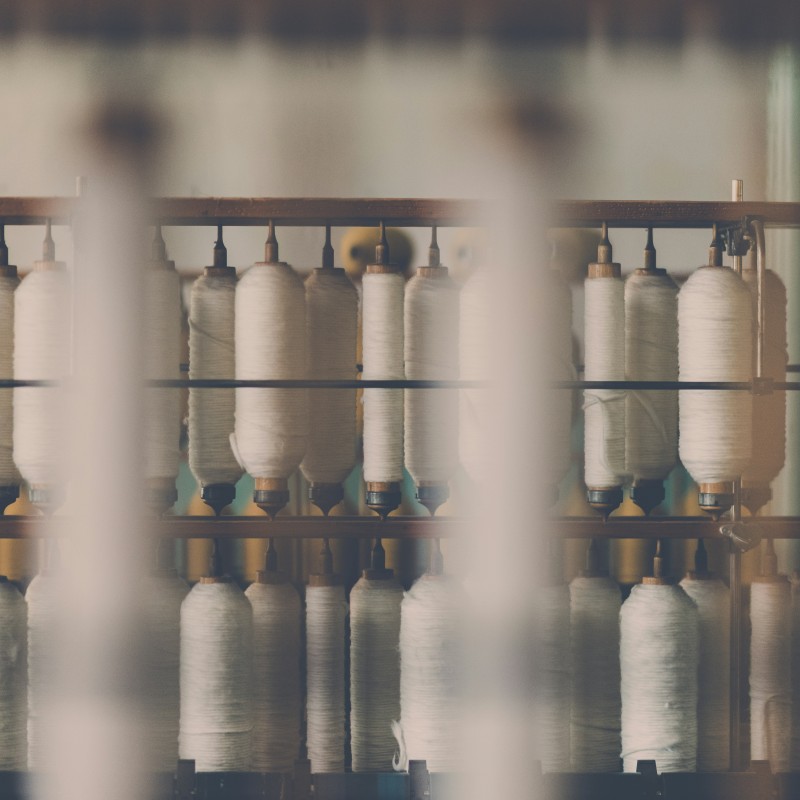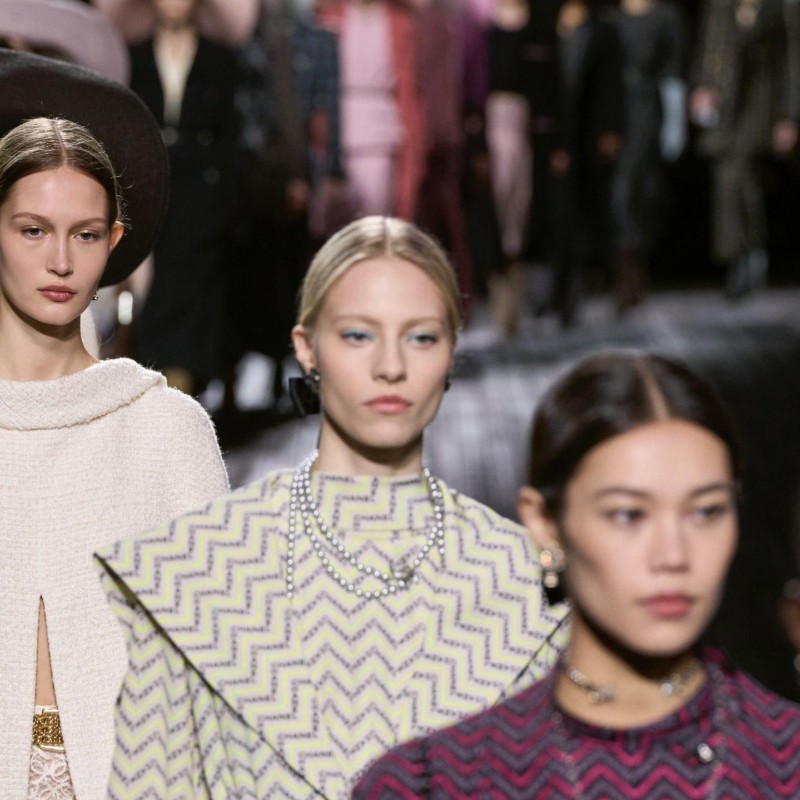Job interviews are stressful. You need to present yourself well while responding to unexpected questions, and the last thing you need is another thing to worry about – but did you know communicating without words can be the key to landing your dream job?
Interview body language is critical for making a positive impression and conveying confidence and professionalism. Seasoned interviewers are on the lookout for nonverbal cues, and all interviewers are influenced subconsciously by how you sit, make eye contact and smile.
We discuss here Dos and Don’ts for interview body language that you can apply in your next job interview.
1. Maintain eye contact: In interviews, direct eye contact conveys confidence and engagement and shows that you’re interested. However, be sure to strike a balance and not stare, because it can come across as aggressive and make the interviewer uncomfortable.
2. Smile: Many people are so nervous during interviews that they forget to express enthusiasm. A genuine smile can make you appear more likable and approachable, and because it promotes a friendly atmosphere, it’s an important part of good body language in an interview. Specifically, smiling during the introduction creates a positive first impression, and smiling during the goodbye reinforces confidence.
3. Sit up straight: Good posture might seem like a cliché, but sitting up straight and keeping your shoulders back shows that you are attentive. If you are applying for a role involving interpersonal skills, knowing how to sit in an interview demonstrates that you know how to be confident and professional during interactions.

Alt text: How to sit in an interview
4. Respond with gestures: To show engagement, you should use interview body language and nonverbal cues that indicate you’re following the conversation. You can nod slowly when you agree or understand, and if the tone is light, it’s also good to smile or laugh at funny comments to build rapport.
5. Mirror the interviewer: Mirroring is a useful communication technique for many settings. By reflecting the interviewer’s nonverbal cues, like posture, tone of voice or gestures, you can create a subconscious positive connection. But you must not overdo it or be obvious because it can make you seem manipulative or inappropriate. It’s best to practice this skill before using it in your body language at an interview.
Yes! Everyone talks about solid handshakes, but there’s truth to this advice. If your grip is strong (but not forceful), you show that you’re self-assured, but if its weak or your hand is too sweaty or dry, it can leave a negative impression. It’s also good to wait for the interviewer to offer their hand – some people prefer not to touch others or feel intimidated by overly long or uninvited handshakes.
1. Don’t get distracted: Checking your watch, looking at your phone or staring off can send the message that you don’t care about the interview. It’s best to avoid nonverbal actions that make you seem uninterested or unfocused.
2. Avoid fidgeting: Fidgeting can convey nervousness, making you seem less confident. If you play with your hair, tap your feet, pick up items on the table, touch your face a lot or pick at your nails, you’ll appear like you’re too nervous to handle pressure.
3. Don’t overdo hand gestures: Using appropriate hand gestures can make you appear more engaging and enthusiastic, but it's essential to avoid excessive or distracting interview body language that can be off-putting.
4. Don’t be too casual or too rigid: If you lean back in your chair or prop your feet up, the interviewer will likely think you aren’t serious. If you look frozen and rigid or cross your arms tightly, you might seem frightened, nervous or closed. It’s helpful to practice posture before an interview so you can avoid these extremes.
5. Don’t wear an inappropriate outfit: Especially for fashion jobs, it’s necessary to dress appropriately. Professionalism requires knowing which outfits are right for the position, so do your research and mirror the brand. It’s also important to be true to your style and avoid wearing something uncomfortable or unfamiliar that might distract you during the interview.
In addition to practicing with a mentor or friends, you should consider working with a recruitment agency like Beyond Talent. Good recruiters know the industry well and have experience helping candidates look more appealing and be better prepared for interviews.
Looking for more content on interviews and job hunting in fashion? See more here:
https://beyondtalentrecruitment.com/blog/how-many-words-cover-should-cover-letter-be
https://beyondtalentrecruitment.com/blog/network-fashion
https://beyondtalentrecruitment.com/blog/fashion-jobs-and-how-to-get-one





Beyond Talent
Fashion Recruitment Agency
Specialising in Senior and Executive recruitment for the luxury fashion, lifestyle and beauty industries worldwide.
Head Office Address
20-22 Wenlock Road, London, N1 7GU
Contact Us